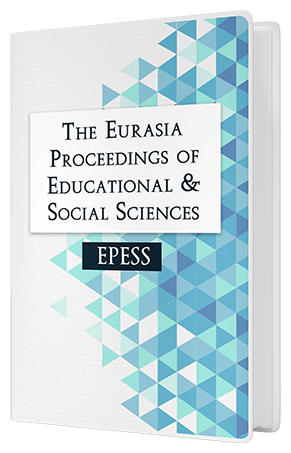Talent Development: Examining the Impact of University Education on Entrepreneurship
DOI:
https://doi.org/10.55549/epess.1179326Keywords:
Entrepreneurship, University education, Realist evaluationAbstract
The purpose of this research was to identify various components of university education that influence students’ venture creation and entrepreneurial behaviour. A literature review was completed to identify how university education impacts entrepreneurship. Based on a conceptual model developed, a realist evaluation was conducted to examine the relationship between university education and entrepreneurship. For the evaluation, fifteen student entrepreneurs from the University of Guelph in Ontario, Canada were interviewed to gain insight into their experience and evaluate which components of university education they found pivotal to their entrepreneurial undertaking. Interviewee responses were assessed to establish collective findings and identify elements of university education that may be modified to promote students’ entrepreneurial behaviour further. The research demonstrates direct alignment between interviewee responses and literature, identifying the promotive influence of an adapting and engaging university environment, decentralized curriculum, diversity of involvement, promotion of intrapreneurship and entrepreneurship, and contributing to community development. As a result of the interviews conducted, the study identifies two unspecified elements within the literature, collaborative education and emphasizing the application of education. These findings provide concrete insight into the impact of university education on entrepreneurship.Downloads
Published
Issue
Section
License
Copyright (c) 2022 The Eurasia Proceedings of Educational and Social Sciences

This work is licensed under a Creative Commons Attribution-NonCommercial-ShareAlike 4.0 International License.
The articles may be used for research, teaching, and private study purposes. Any substantial or systematic reproduction, redistribution, reselling, loan, sub-licensing, systematic supply, or distribution in any form to anyone is expressly forbidden. Authors alone are responsible for the contents of their articles. The journal owns the copyright of the articles. The publisher shall not be liable for any loss, actions, claims, proceedings, demand, or costs or damages whatsoever or howsoever caused arising directly or indirectly in connection with or arising out of the use of the research material. All authors are requested to disclose any actual or potential conflict of interest including any financial, personal or other relationships with other people or organizations regarding the submitted work.




